Commercial boer goat farming business is becoming popular day by day, especially in the countries where this goat breed is available. Goat meat is very popular and it’s demand is high throughout the world. And as a meat goat breed, popularity of commercial boer goat farming business is increasing faster.
Boer goat is actually a meat goat breed from South Africa. Although today, it is available in almost all countries around the world. Boer goats are generally larger in size and they are very good and suitable for meat production purpose.
Another reason of high popularity of commercial boer goat farming business is that ‘these goats have very fast growth rate and they reach slaughtering size much faster’. The meat of these goats is of very good taste and also very nutritious.
The boer goats have a very high fertility rate as compared to many other common goat breeds which are used for commercial goat farming business. And these goats are very suitable for commercial meat production purpose.
Average body weight of the mature boer bucks is between 110 and 135 kg. And the does on average can weight around 90-100 kg. The boer bucks are also often used for breeding purpose for improving the quality of other low quality goat breeds.
If you are a beginner and are willing to start a new goat farming business, then the boer goats can definitely be very good for you. You can choose this breed for commercial meat production purpose.
How to Start Boer Goat Farming?
Starting boer goat farming business, is just like raising other common goat breeds. The main differences are ‘the boer goats are larger in size, they grow faster and they require nutritious food and special caring for proper growth’. Here we are trying to describe more about the steps for starting boer goat farming business.
Step 1. Purchase Goats
Price of boer goat is generally very high in the market. We can’t tell the exact price, because the price can vary from place to place. Visit any of your nearest livestock market or any existing boer goat farm to know more about the current price.
You can also search your local online classifieds for purchasing the goats. If you have low budget, then you can start with a minimum number of goats.
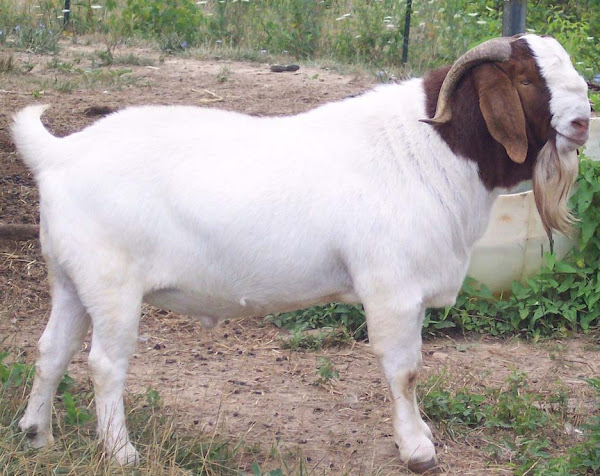
Step 2. Provide Good Housing
The boer goats are much larger sized animals as compared to many other common goat breeds. So, they generally require more housing space.
Generally 12-15 square feet housing space per goat will be enough. And if you raise these goats in stall fed system, then you will need to arrange about 25-30 square feet playing space for each goat.
Ensure good ventilation system inside the house and try to make the house very comfortable for the goats. Raised house (which are generally upper from the ground) is considered good for commercial production purpose. And try to clean the house frequently.
Step 3. Ensure Good Quality Feeding
Boer goats are just like many other goats, and they consume the same food as other domestic goat breeds. But as they are meat goats and have faster growth rate, so they generally require more nutritious foods than other goats.
They generally love to eat leaves, green grasses and grains. But supplementary feeds is a must for better growth, and it’s a mandatory for commercial production. You can either purchase ready-made supplementary foods from the market or make it of your own.
Good food always ensures good growth and health of the animals. So feeding the boer goats with good quality feeds is a must. And along with providing your goats with quality feeds, always provide them sufficient amount of clean and fresh water. And for commercial production purpose, you also have to provide your goats with vitamins and mineral premix.
Step 4. Breeding
Boer goats are excellent breeders, and their fertility rate is is very good. As a result, most of the goat farmers prefer purebred boer goats for breeding purpose. Crossbreeding of boer goat with other relatively low quality goat breeds is also produce high quality and very productive kids.
Most common and popular crosses of boer goats are boer with Spanish goats, boer with Angora goats, boer with Kiko goats, boer with Nubian goats, boer with Osmanabadi goats, boer with Jamunapari goats and boer with Sirohi goats. And all of this crossbreeding produces new highly productive goat kids.
Step 5. Ensure Good Caring
As a very fast growing breed, the boer goats generally require special caring. Especially the breeding bucks and does require special caring.
Keep the breeding bucks separated from the flocks and take extra care of them. Also keep the pregnant and nursing does separated from the flock, and they also require special caring.
Step 6. Marketing
Marketing of goat products is not a problem, especially for the boer goats. You can easily sell either meat or live goats in the market. And boer goats are generally sold at a very high price in the market. Both demand and price of this goat breed is very high.
These are the common steps for boer goat farming. Always try to take good care of your animal and try to keep them happy. And they will produce highly and make you happy. Good luck and may God bless you!

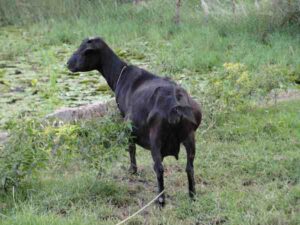
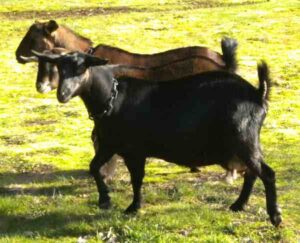
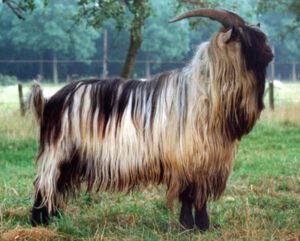
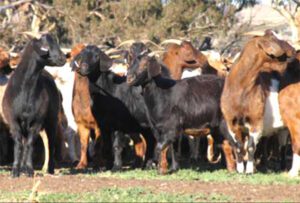
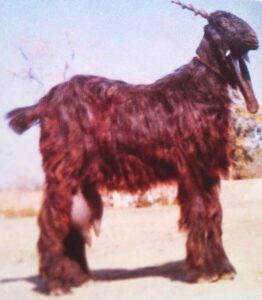
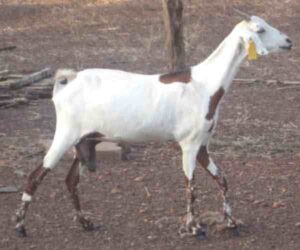
I have 40 acres in the Goulburn area of NSW. would like to start breading boer goats, I know absolutely nothing of this breed and wish to learn ,any advice would be greatly appreciated